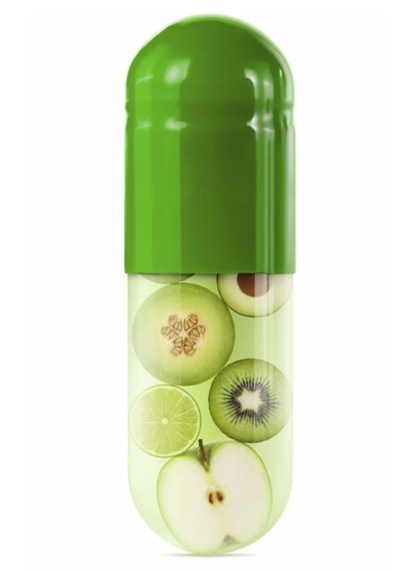Few areas in nutrition are as controversial as questions about cholesterol in eggs.
It’s fascinating to revisit a topic thought to have been settled long ago. In fact, during my medical training, the woefully inadequate nutrition education I received was largely confined to emphasizing the risks of dietary cholesterol.
It’s perfectly logical. Since cholesterol in the blood is one of the causes of heart disease, what could be worse than eating cholesterol-laden foods? And eggs, a virtual cholesterol bomb with 200 mg per yolk, were often regarded as dietary enemy #1.
Eggs: Deviled or Sunny-Side?
It depends. The results of studies that examined the link between egg consumption and cardiovascular disease are confusing and inconsistent — with even recent, large studies coming to different conclusions (see References).
What is clearly know, however, is that the cholesterol concentrated in eggs does raise blood cholesterol levels—modestly in most cases —but still significantly. The reason that blood levels don’t rise as much as might be expected is a testament to the body’s powers of self-regulation. When more cholesterol is eaten, the body responds by cutting down on the amount that is absorbed into the blood stream.
Keep in mind that some dietary studies of eggs are funded by egg-related industries. That’s not enough to discredit them, but it does invite some healthy skepticism. The other caveat is that the results do not apply to people with diabetes. Diabetes seems to put patients at special risk of heart disease from eggs and dietary cholesterol. Perhaps part of the explanation is that people with diabetes tend to absorb more cholesterol from food than those without diabetes.
Do We Need to Eat Cholesterol?
No. The liver makes more than enough cholesterol to fulfill our body’s requirements. Only animal products contain cholesterol, and none are required for health. That being said, some cholesterol-rich foods, like eggs, do contain nutrients of value. Egg whites are rich in albumin, a high-quality protein that is easily metabolized by the body. The yolks house B-complex vitamins, in addition to lutein and zeaxanthin which protect against vision loss.
What To Do?
There is no such thing as a food that is absolutely “healthy” or “unhealthy” — it depends on what the comparison food is. Eggs are certainly healthier than bacon, but unadulterated oatmeal with fruit is by far a healthier breakfast choice. And, of course eggs and bacon eaten together, are the unhealthiest choice of all!
If you don’t have diabetes, eating eggs occasionally is unlikely to be a major problem in the context of an otherwise healthy diet. If you don’t like eggs, or you are philosophically opposed, you absolutely don’t need them… or any other animal product for that matter.
And one more thing: if you do eat eggs, I strongly urge you to both eat them in moderation and to consider the welfare of the animals when making purchase decisions. Remember that when you pay very little for eggs, the hens end up paying more, often with brutal living conditions. Choose eggs from farms known to treat animals humanely. See the reference below for a rating of egg distributors based on animal conditions.
References:
Scorecard of Eggs and Animal Conditions
Interested in eating better for your own health?
Learn the essentials of good nutrition in our interactive, user-friendly nutrition learning program for the public.
Clinicians: Do you feel confident responding to patient questions about nutrition?
Take our award-winning condensed interactive nutrition CME—and learn what every clinician should know about nutrition.



